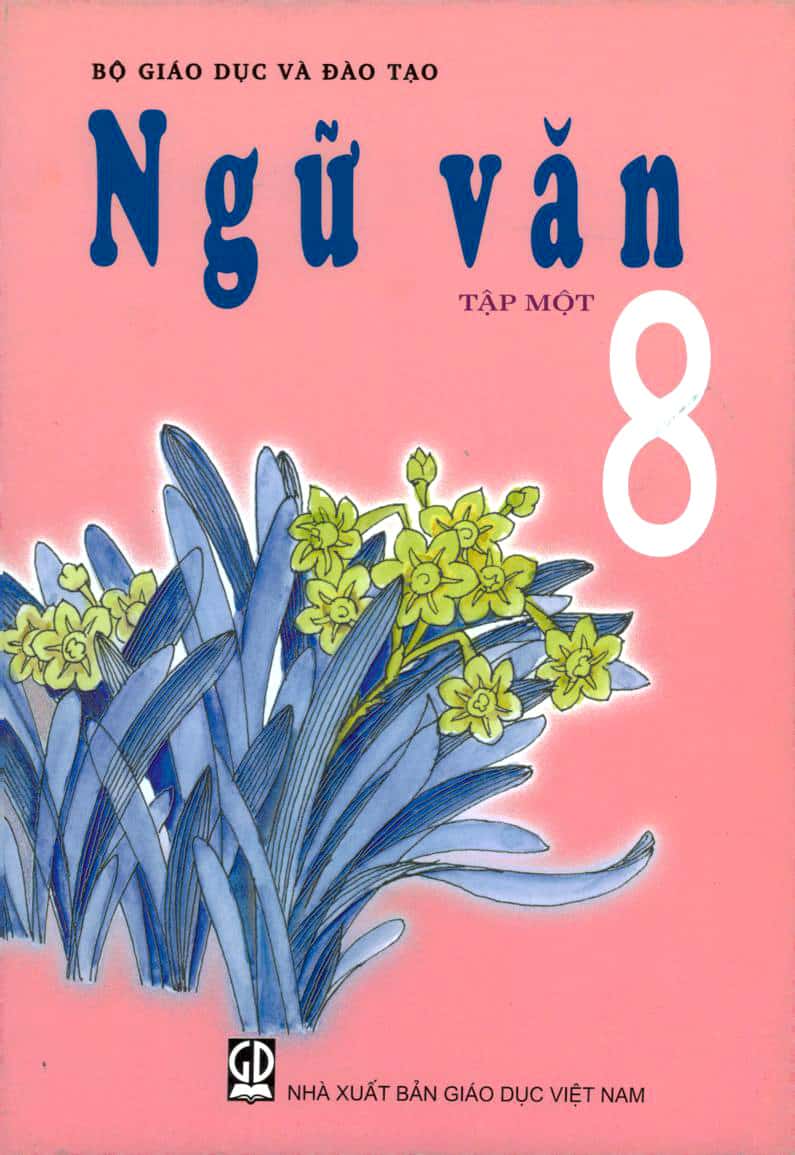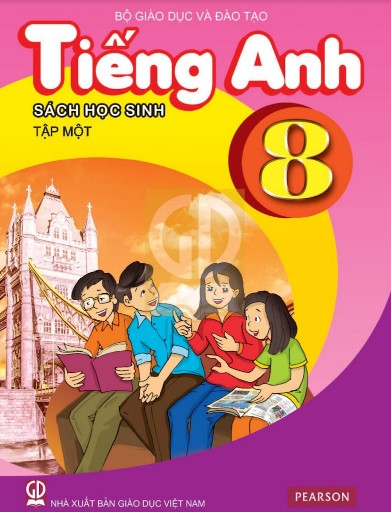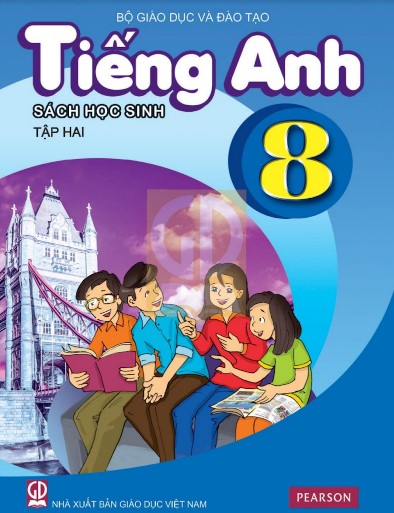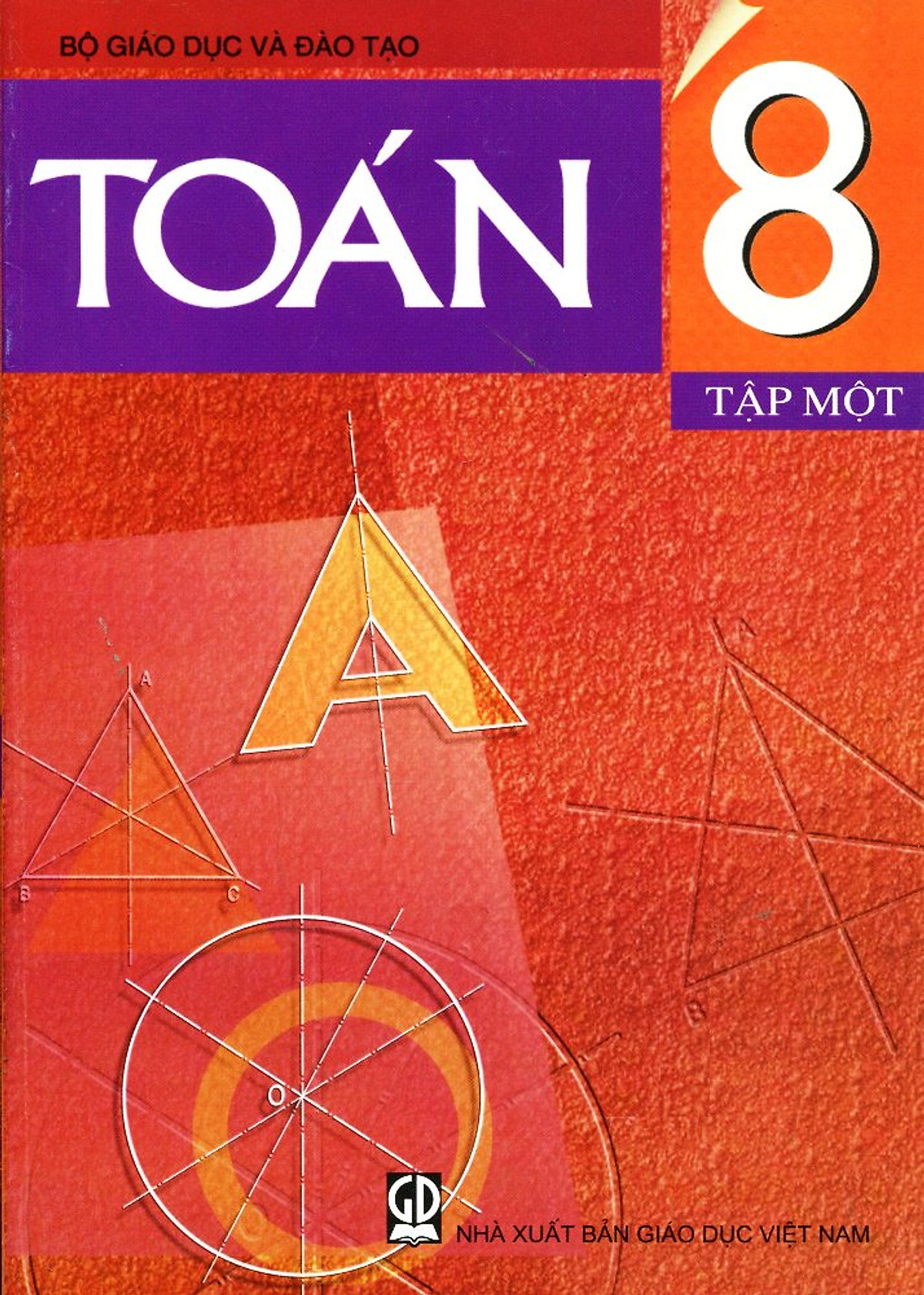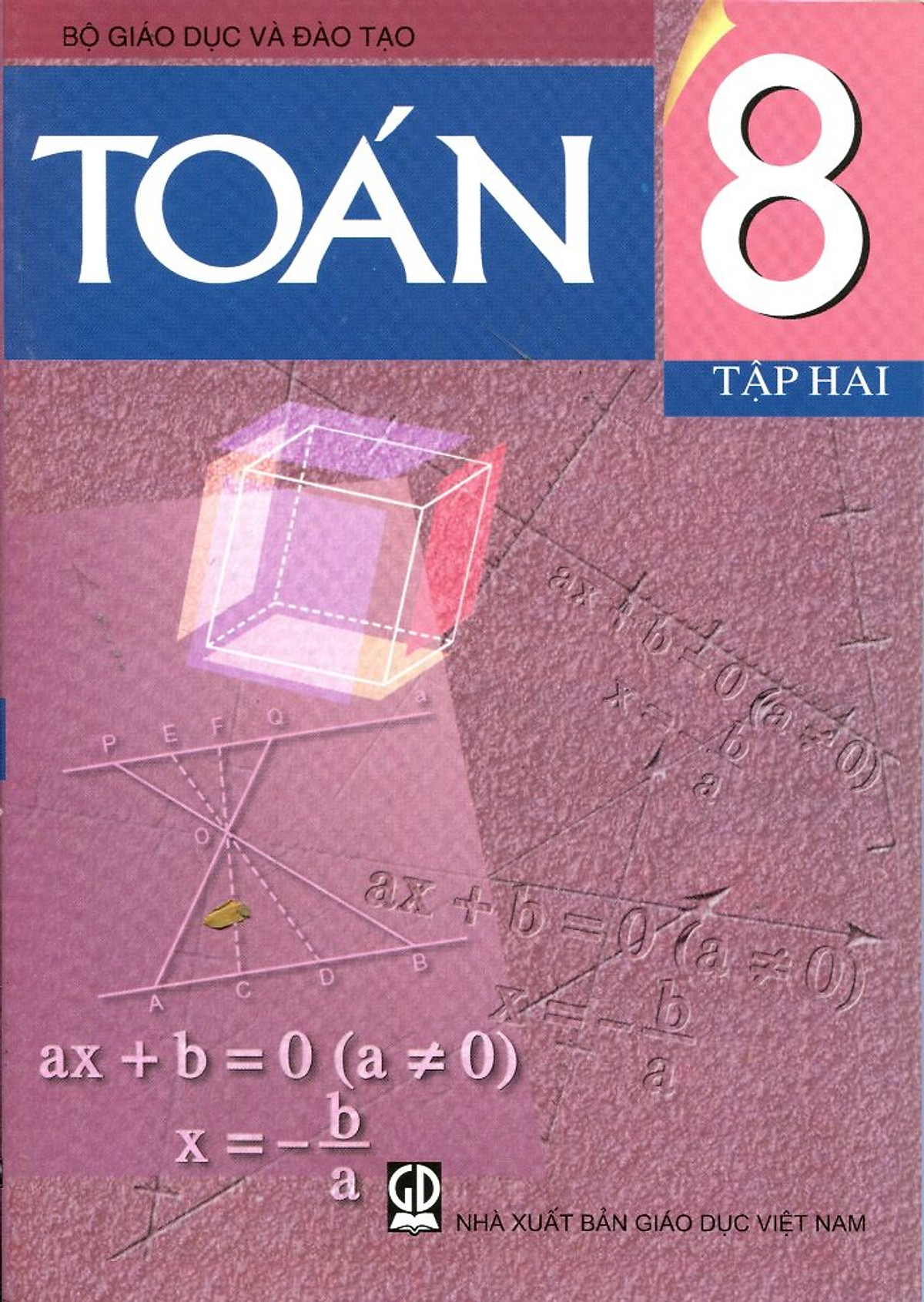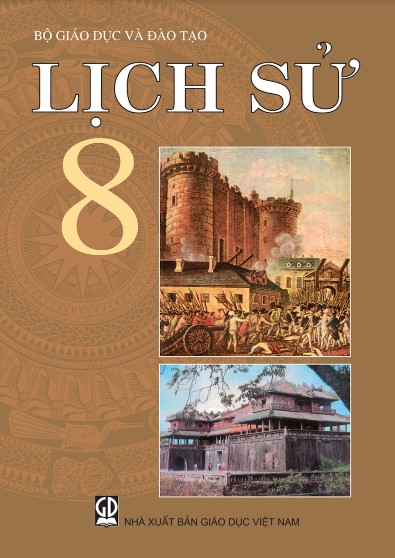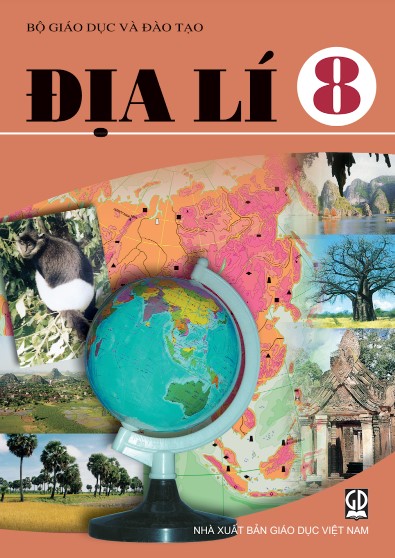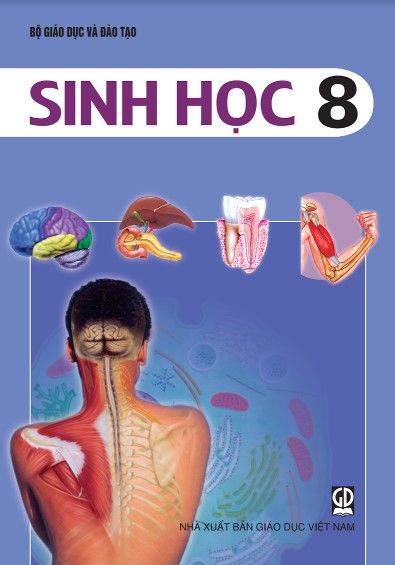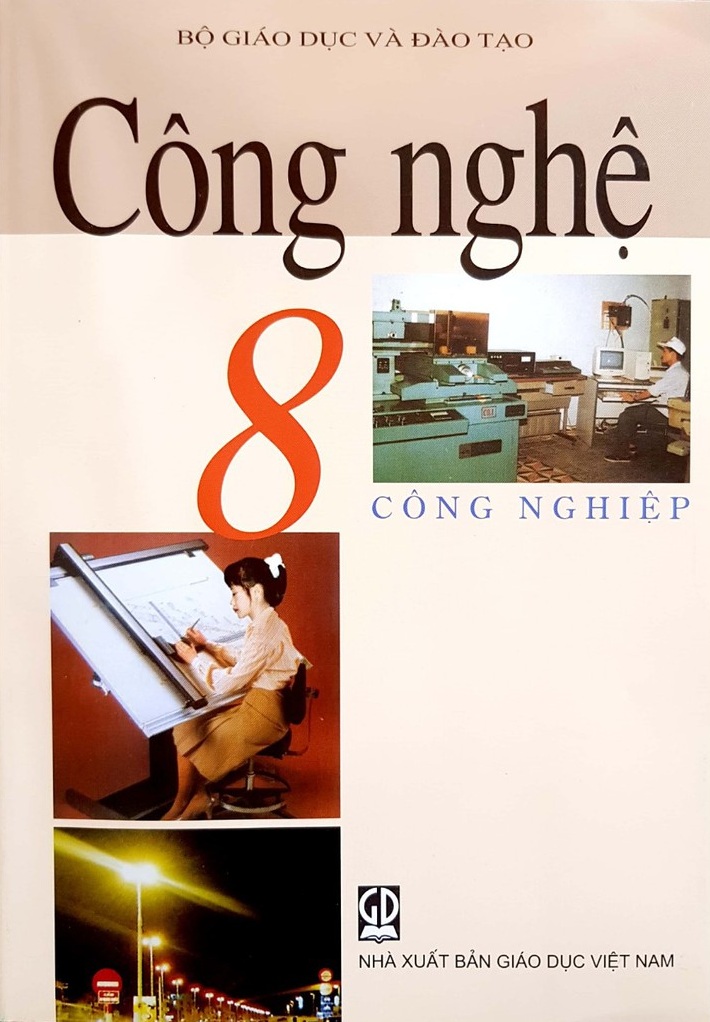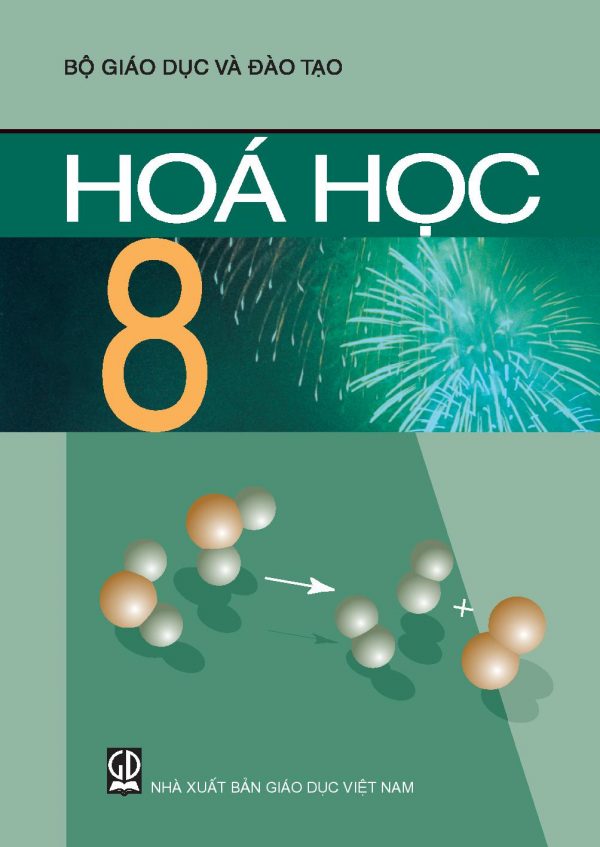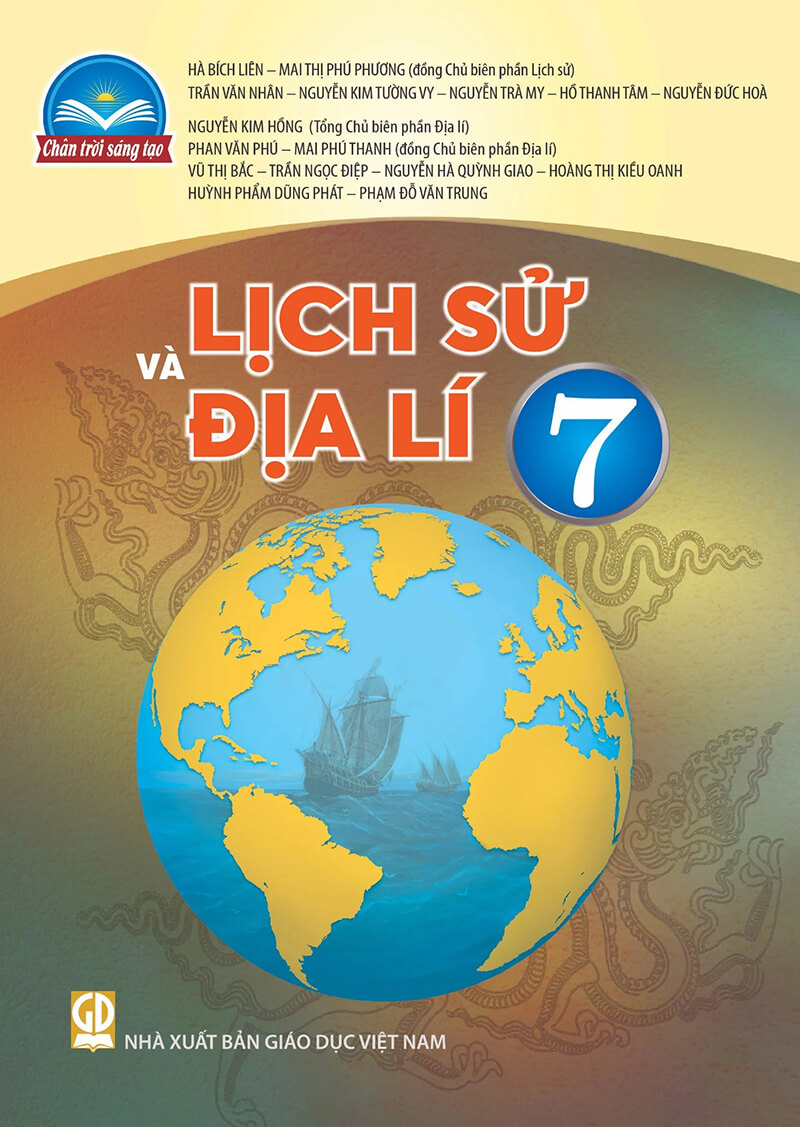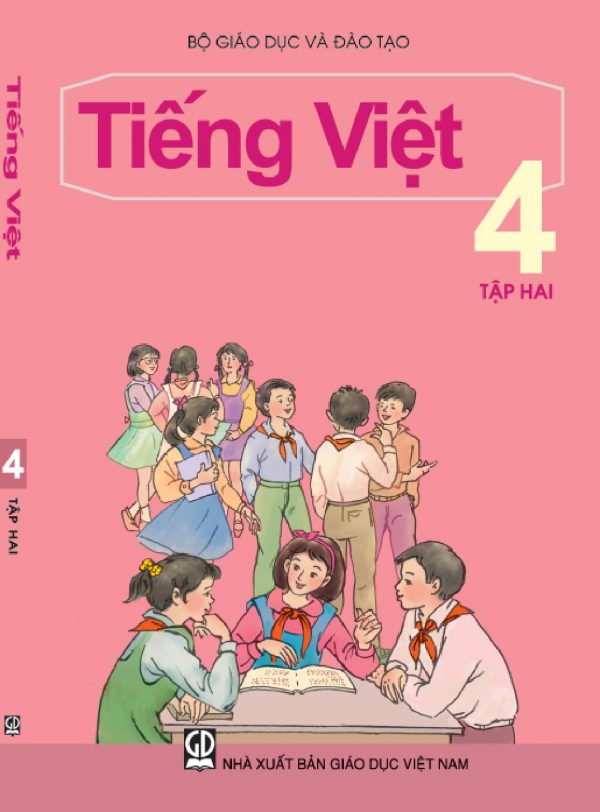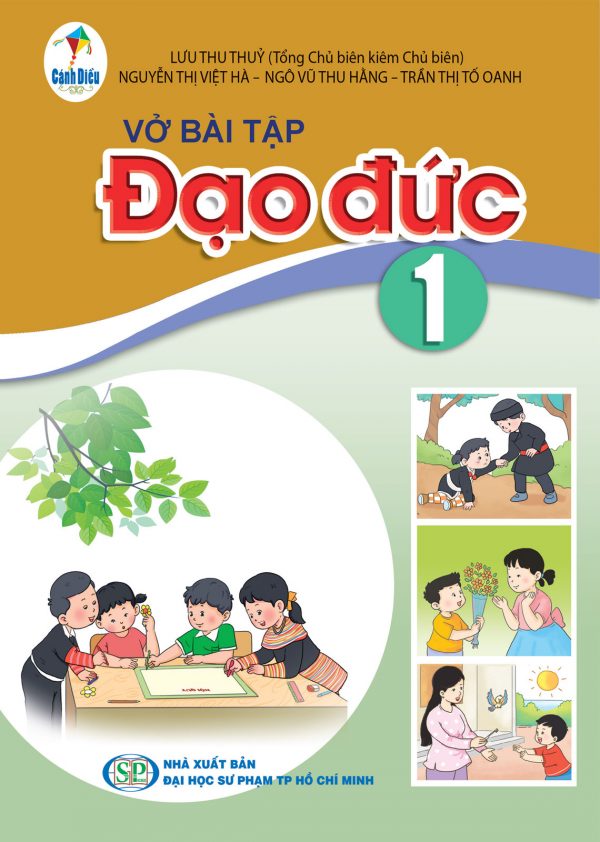Erica Hi, Claire. Where are you?
Claire  . __________ (I / sit) on the bus. I'm nearly in town.
. __________ (I / sit) on the bus. I'm nearly in town. __________ (you / want) to meet at the shopping centre?
__________ (you / want) to meet at the shopping centre?
Erica I can’t  __________ (I / do) my history homework at the moment.
__________ (I / do) my history homework at the moment.
Claire Why  __________ (you / do) your homework now? It's Saturday morning!
__________ (you / do) your homework now? It's Saturday morning!
Erica I know!  __________ (I / not / usually / do) homework on Saturdays, but I've got a netball tournament tomorrow.
__________ (I / not / usually / do) homework on Saturdays, but I've got a netball tournament tomorrow.  __________ (They / always / finish) late.
__________ (They / always / finish) late.
Claire But  __________ (Miss Macken / not / usually / check) our homework.
__________ (Miss Macken / not / usually / check) our homework.
Erica That's not true  __________ (She / always / check) it!
__________ (She / always / check) it!
Claire Oh come on, Erica! Take the day off!
Erica No,  __________ (I / not / come) to town, Claire. Speak to you later, OK?
__________ (I / not / come) to town, Claire. Speak to you later, OK?
Claire OK ... looks like I'm shopping on my own, then!

 _____ in the morning?
_____ in the morning?
 ____.
____. _____?
_____? _____.
_____.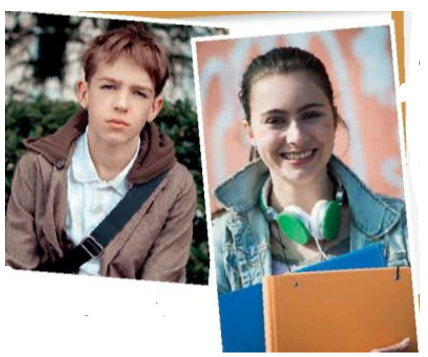
 __________ school at four and I like to
__________ school at four and I like to  __________ when I
__________ when I  __________. Then I can relax in the evening.
__________. Then I can relax in the evening. __________? I see you’ve got some headphones. Do you
__________? I see you’ve got some headphones. Do you  __________?
__________? __________.
__________. __________ and cook your meals?
__________ and cook your meals? __________ dinner and I
__________ dinner and I __________?
__________?
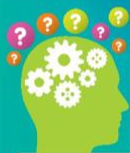
 _______________?
_______________? _______________?
_______________? _______________?
_______________? _______________ that you
_______________ that you  _______________?
_______________? _______________ last
_______________ last  _______________?
_______________?
 __________ you when you moved to France?
__________ you when you moved to France? __________ four or five. I lived with my mum and my older brother and sister. My dad travelled a lot. He
__________ four or five. I lived with my mum and my older brother and sister. My dad travelled a lot. He  __________ at home much.
__________ at home much. __________ your brother and sister happy to live in France?
__________ your brother and sister happy to live in France? __________ . They
__________ . They  __________ lonely because their friends
__________ lonely because their friends  __________ all in England.
__________ all in England. __________ it a happy time?
__________ it a happy time? __________ a happy time for my brother and sister. But it
__________ a happy time for my brother and sister. But it  __________ a great time for me!
__________ a great time for me!